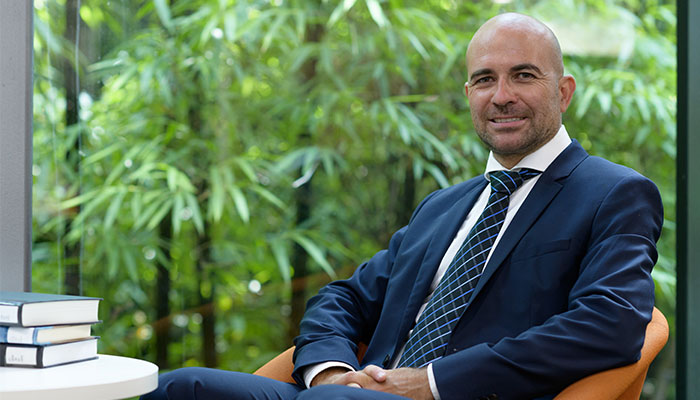Australians are celebrating that they can now go out for a drink or dinner despite the strict regulations around seating numbers and social distancing.

While states have begun to ease COVID-19 restrictions, establishments will operate at less-than-full capacity which means taking in much lower revenue that is vital for staying afloat.
In the current environment, kindness and generosity from patrons is important for the hospitality industry. From the perspective of patrons, this means acknowledging that restaurants are operating with limited staff and considering leaving a larger-than-usual tip which has become important to waitstaff during these tough times.
Faking it
While being kind to each other works well in theory, how do we respond when generosity shown by others, such as waitstaff, is driven by self-interest?
Life is full of examples where people pretend to be kind in order to secure a windfall for their own benefit. Think of exuberant staff in a restaurant showering customers with kindness and attention, particularly in a society with a heavy tipping culture such as the US.
Even though people are aware that waitstaff are likely to be motivated by self-interest, they are still inclined to give a generous tip as they enjoy the experience of being looked after.
As a customer, do we react with cynicism knowing this is not pure altruism, but rather a self-serving ploy to receive a handsome tip, or do we graciously accept the kindness and reward it with a generous gratuity?
Professor Maroš Servátka from the Macquarie Business School completed extensive research prior to the coronavirus outbreak on whether self-serving behaviour elicits a positive response from the recipient when the motivation is clearly driven by self-interest.
“We found that self-serving, but generous, actions do not elicit a diminished reciprocal response. In fact, our research found that there was no difference in the response regardless of whether the initial act of kindness was self-serving or entirely genuine,” Servátka says.
“In other words, even though people are aware that waitstaff are likely to be motivated by self-interest, they are still inclined to give a generous tip as they enjoy the experience of being looked after and engaging with people who are polite to them.”

It's OK to fake it: Professor Maroš Servátka's research found that all people care about is that waitstaff are kind to them regardless of whether or not it is obviously in pursuit of a tip.
Along with co-author Daniel Woods from Purdue University in the U.S., the research paper Nice to you, nicer to me: Does self-serving generosity diminish the reciprocal response? was published in Experimental Economics and found that people care about positive experiences even if they are not genuine.
Good service matters
Woods & Servátka’s initial assumption that reciprocal generosity diminishes if acts of kindness are self-serving proved to be incorrect.
“This is the great thing about experiments; we learn something new whether we are right or wrong. It’s a discovery process. I thought people would be less reciprocal, but we learnt that all that people care about is the kindness that is displayed towards them, irrespective of whether it is self-serving or not,” he says.
“If you are in a country where tipping is the norm, the staff will be doing all they can to get a higher tip. But it’s what you care about. Do you care about good service or whether the action is genuine? As it turns out, our research indicates that what most people care about is the quality of the service and a pleasant dining experience.”
- 81% of COVID-19 positive passengers had no symptoms: world first study
- Tips to soothe pet parents battling separation anxiety
He says there are many examples where people or companies perform kind acts because being seen to be kind has a potential benefit.
“People pretend to be kind, but ultimately our findings suggest that people shouldn’t worry about the intentions behind their own generosity as they are likely to be rewarded by recipients in the same way.”

The greater good: companies who commit to charitable or environmental projects are viewed positively by consumers even if their motives are transparent, says Servátka, pictured.
The same applies to the corporate world where social responsibility is now an integral part of the way businesses operate. The public tends to evaluate the positive impact on the environment or society as a whole rather than any cynical motivation behind the actions.
“Even though consumers might be aware that the behaviour is strategic, they mostly pay attention to the fact that the firm is not destroying the environment or contributes to a charity, for example.
“Humans tend to be forgiving and as long as a firm’s actions contribute to the greater good of society, then that is the primary issue. And that’s a positive result as it shows that virtue can be contagious.”



